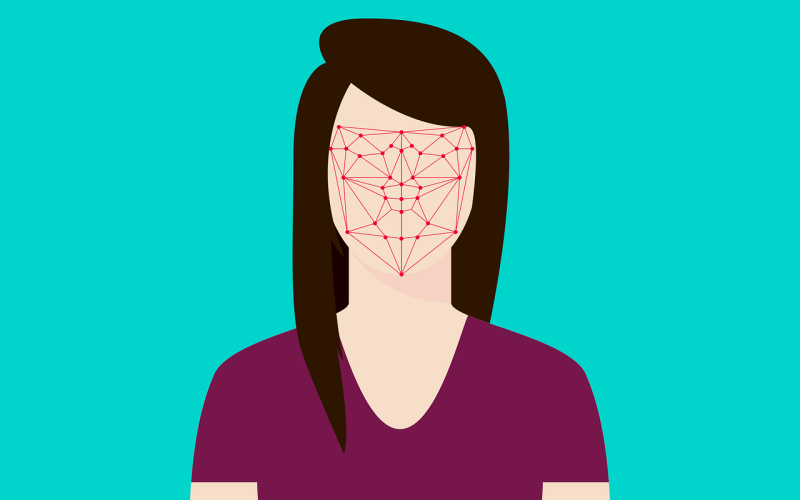Facial recognition technology is becoming increasingly common in public spaces, from airports to stadiums, and even on city streets. While the technology promises enhanced security and efficiency, it raises complex ethical questions about surveillance, privacy, and potential biases.
One of the most debated issues is the balance between public safety and personal privacy. Facial recognition allows authorities to identify individuals quickly, which can be beneficial in cases like finding missing persons or preventing crime. However, this technology often captures images of people without their consent, essentially turning public areas into spaces of constant surveillance. This raises the question: should individuals be subjected to monitoring just by being in a public space?
Studies have shown that facial recognition algorithms are more likely to misidentify individuals from certain racial or ethnic backgrounds. This bias poses ethical challenges, especially if the technology is used by law enforcement, as misidentifications can lead to wrongful arrests and other serious consequences. Addressing these biases is crucial to ensure that the technology is fair and equitable.
Currently, there is limited regulation around how facial recognition data is stored, used, or shared, leading to concerns about misuse. The lack of transparency makes it difficult for the public to know when and how they’re being monitored. To make facial recognition ethical, there must be clear policies on data retention and strict guidelines to prevent misuse.
While facial recognition technology offers significant benefits, its use in public spaces requires careful consideration and regulation. Balancing security with privacy, addressing biases, and ensuring transparency are essential to making facial recognition ethically viable in a world that values both safety and individual rights.




